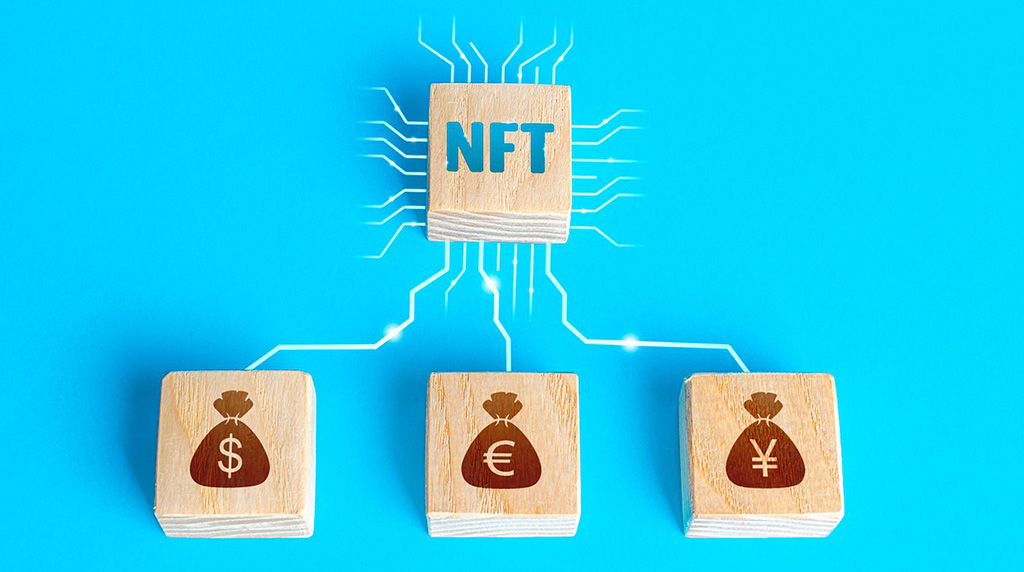FTX Digital Markets Ltd, the Bahamas arm of the collapsed crypto exchange, has been accused of commingling corporate funds with client money, according to a Feb. 8 document filed in a Bahamas court. The comments made in the interim accounting report echo those from John J. Ray III, the new boss of FTX’s U.S. entity, who has repeatedly lamented a lack of corporate controls at the company before he took over on Nov. 11.

The report, authored by Lennox Paton’s Brian Simms and PricewaterhouseCoopers’ (PwC) Kevin Cambridge and Peter Greaves, stated that bank balances of $137 million labeled as for the benefit of FTX Digital’s customers were subject to only “limited controls and governance”; meaning, in practice, they weren’t segregated. Of the $219.5 million total balance FTX Digital held in banks, $21.5 million has been realized by the liquidators, and a further $54.5 million is pending transfer to them. Another $143.2 million held in U.S. accounts has been seized by the Department of Justice, and other funds have been contested until the Bahamas bankruptcy is recognized in the U.S.
A Feb. 15 decision by bankruptcy Judge John Dorsey in Delaware to grant Chapter 15 recognition to the Bahamas entity is an “important step” in the liquidation, Greaves said in an emailed statement. He added that liquidators “hope now to be in a position to work through the various roadblocks that have prevented us taking full control of FTX Digital’s assets and information.”
The judge was informed on Wednesday of a $7.7 billion transfer between FTX’s Bahamas and U.S. arms, a sum that may now become subject to legal dispute. Former senior executives from FTX have been charged with crimes including wire fraud and money laundering by the U.S. DOJ. While some have entered a plea deal, founder Sam Bankman-Fried has pleaded not guilty.
FTX Digital Markets Ltd, the Bahamas arm of the collapsed crypto exchange, has been accused of commingling corporate funds with client money, according to a Feb. 8 document filed in a Bahamas court. The interim accounting report, authored by Lennox Paton’s Brian Simms and PricewaterhouseCoopers’ (PwC) Kevin Cambridge and Peter Greaves, stated that bank balances of $137 million labeled as for the benefit of FTX Digital’s customers were subject to only “limited controls and governance”; meaning, in practice, they weren’t segregated.
The report echoes the sentiments of John J. Ray III, the new boss of FTX’s U.S. entity, who has repeatedly lamented a lack of corporate controls at the company before he took over on Nov. 11. Of the $219.5 million total balance FTX Digital held in banks, $21.5 million has been realized by the liquidators, and a further $54.5 million is pending transfer to them. Another $143.2 million held in U.S. accounts has been seized by the Department of Justice, and other funds have been contested until the Bahamas bankruptcy is recognized in the U.S.
A Feb. 15 decision by bankruptcy Judge John Dorsey in Delaware to grant Chapter 15 recognition to the Bahamas entity is an “important step” in the liquidation, Greaves said in an emailed statement. He added that liquidators “hope now to be in a position to work through the various roadblocks that have prevented us taking full control of FTX Digital’s assets and information.” The judge was informed on Wednesday of a $7.7 billion transfer between FTX’s Bahamas and U.S. arms, a sum that may now become subject to legal dispute.
Former senior executives from FTX have been charged with crimes including wire fraud and money laundering by the U.S. DOJ. While some have entered a plea deal, founder Sam Bankman-Fried has pleaded not guilty. The commingling of corporate funds with client money, as well as the $7.7 billion transfer between FTX’s Bahamas and U.S. arms, has raised serious questions about the company’s financial practices. It remains to be seen how the liquidators will handle the situation and if the funds can be recovered.



